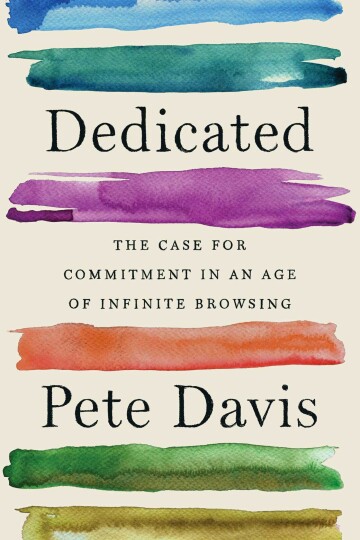News & Articles
Browse all content by date.

If we’ve learned anything from this past year, climate change is happening faster and with more extreme consequences than we expected. The cover of Time magazine’s April 26, 2021, edition proclaimed “climate is everything.” Justin Worland wrote,”The course of climatization – the process by which climate change will transform society – will play out in the coming years in every corner of society.”
Yes, climate change is everything and everywhere. This climate emergency is impacting all of our individual and collective lives. And it will play out in every corner of our city. In the coming year, how do we choose to respond?
In the next 365 days, what can we do to create and build a more resilient and sustainable Duluth for everyone? How do we prepare ourselves and our city for the future?
From housing and transportation to economic development and public health, everything in the future will be impacted by climate change. And Duluth must face this climate reality now.
In a collection of essays titled Hope Beneath Our Feet, Kaylynn Sullivan Twotrees wrote, “What generates hope and gratitude is the experience of each moment with a willingness to find possibility more invigorating than fear of the unknown.”
How willing are we to dedicate ourselves to looking for the possibilities and opportunities to create and build a new Duluth? What actions can we take to become more empowered and hopeful?
The Duluth of today cannot be the Duluth of tomorrow. What we are doing, or not doing, may not create a more sustainable and healthier city. With climate change, our city needs to change.
We need a climate commission or task force that advises and guides all future public-private developments. We need a community education program on climate change. We need to engage the greater community in a citywide dialogue about envisioning a Duluth that celebrates courage, compassion and critical thinking in addressing this evolving climate emergency.
We can’t expect or assume that most of the change will come from the top down. It will come from the bottom up. It will come from you, me, the neighbors and many fellow citizens.
Yes, we need a new Duluth. We need a Duluth that is responsive and responsible to all citizens, from the wealthiest to the most vulnerable. And we need more open and honest conversations with our city’s government and business leaders as well as with all of our community stakeholders.
As we begin a new year, our city needs to make a stronger commitment to not only acknowledging the climate challenges we’re encountering but to put forth a better effort in reaching out and engaging Duluth’s citizens in exploring how we move through this climate maze. Since the city council passed the climate emergency resolution on April 12th of this year, there has been no public forum or conversation with our city’s leaders, the community’s stakeholders or within our greater community about how Duluth plans to address climate change and move forward. Too many days, weeks and months have passed without a word from many of us.
In his book Dedicated: The Case For Commitment In An Age Of Infinite Browsing, Pete Davis talks about all the big problems our society is facing and that we need more people who are dedicated to solving them. According to Davis, the “dedicatory virtues” are imagination, focus, passion, reverence and commitment.
Does Duluth have the imagination, passion and commitment to successfully address climate change?
Can Duluth remain focused on what appears to be a long and challenging climate emergency? Will Duluth understand how these climate events will affect every citizen in our greater community?
From the first to the last day in 2022, let’s explore how each of us can dedicate ourselves to leading a more sustainable life, and finding different opportunities to contribute to a healthier and more resilient city. Walk, bike, use public transportation, plant a tree, start a community garden, take a backpack to the grocery store, contact the mayor or city council, buy local, work on an environmental justice project, organize a neighbor climate group, coordinate a book club about the climate, and write a letter to the editor. The possibilities are limitless.
| Tweet |


